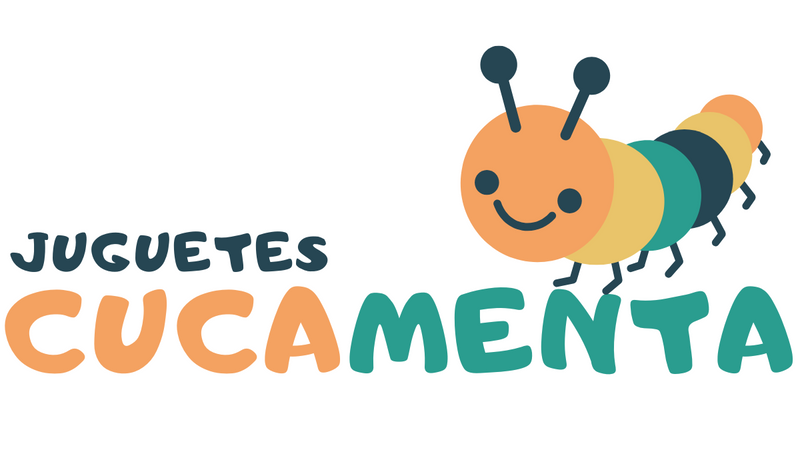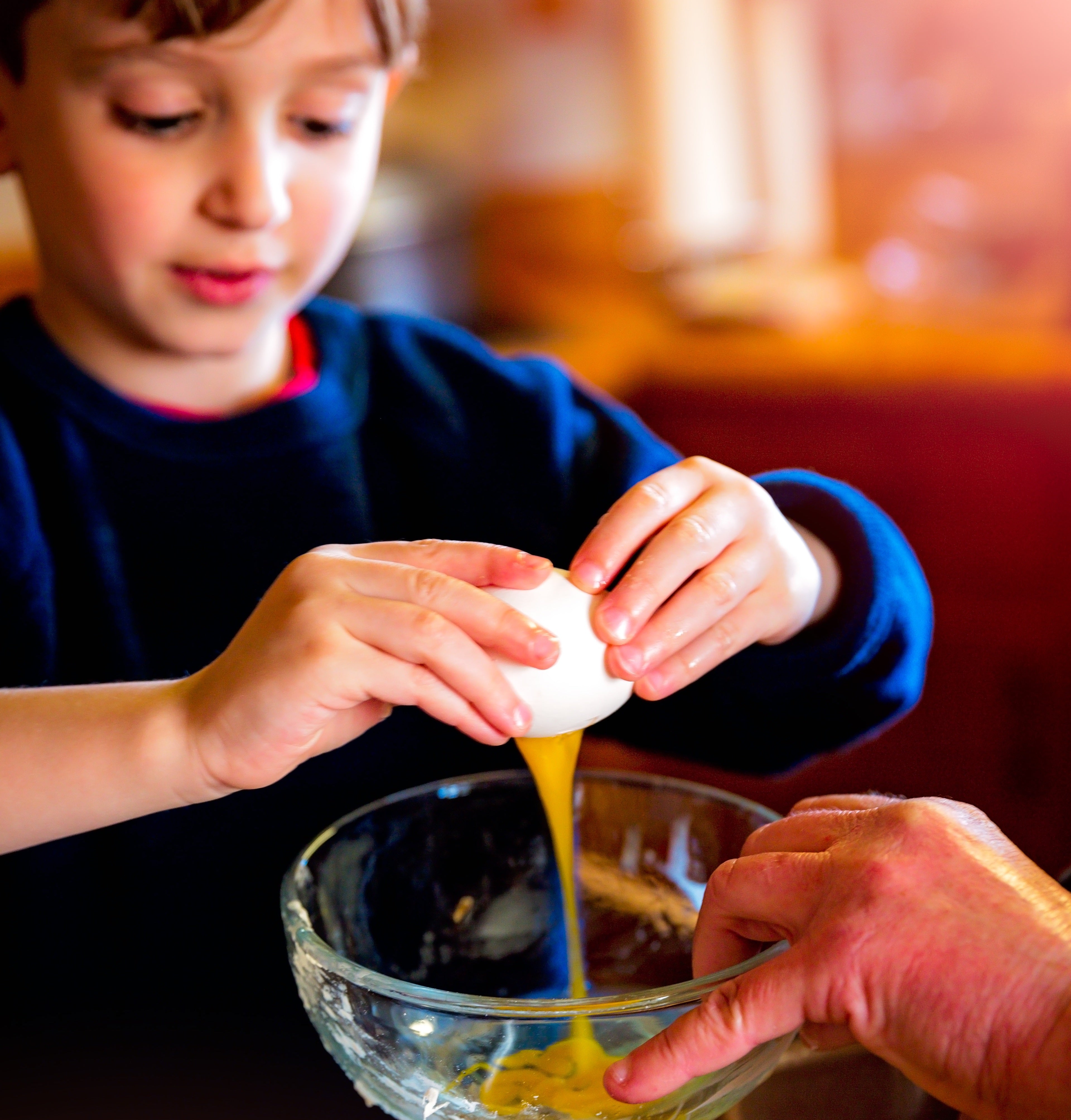A cook becomes an artist when he has things to say through his dishes, like a painter in a painting.
Joan Miró
Teaching your child to cook from a very early age is one of the best gifts you can give them for the future.
Cooking is a relaxing and healthy activity that benefits mental health, provides autonomy and independence and allows you to integrate a healthy menu. But it also involves enjoying life, experimenting with flavours, valuing local ingredients, raising environmental awareness and using food as a tool to improve well-being and prevent diseases.
A very common question among families is at what age can children learn to cook and what tasks are most appropriate for each age group , always respecting their safety and promoting progressive learning.
First, let's see what advantages there are to cooking for the little ones in the house.
Advantages of cooking for children

- Culinary skills last a lifetime: knowing how to fry an egg, make homemade ice cream, marinate fish or prepare paella are practical skills that will last a lifetime and that they will use daily in their adult years.
- Cooking trains psychomotor skills : gross and fine motor skills are trained not only through games, crafts or sports, but also through kitchen tasks. Stirring sauce, peeling fruit or kneading and mixing dough, children will also develop their hand-eye coordination.
- Maths, arithmetic, language and vocabulary : reading recipes is good for reading comprehension and vocabulary gain, while by weighing ingredients or measuring quantities - for example, to prepare pastries - children learn maths skills such as counting , adding, subtracting, understanding proportions, making fractions or timing.
- They gain responsibility and autonomy : learning to do different household chores such as cooking or cleaning helps them develop self-confidence, but also perseverance, independence and self-esteem. It is also ideal for promoting values of equality.
- Improves mood and prevents mental health problems : According to the Dana-Farber Institute, cooking can be a meditative experience that reduces anxiety and promotes relaxation. In addition, different reports indicate that cooking mitigates psychological stress and increases well-being. Another study published in the Journal of Positive Psychology, suggests that people who frequently engage in small creative projects such as cooking and baking report feeling more relaxed, enthusiastic and happy in their daily lives.
- Express your creativity: Food is art too, and you only have to go to YouTube to see it. Artistic sandwiches, Halloween baking, bread animals, chocolate frogs, pizzas with faces or hard-boiled egg chicks are just a few creative ideas to get you started. You can encourage their creativity by encouraging them to combine different ingredients or invent their own healthy sauces and snacks .
There are many more advantages: cooking allows you to build family and social relationships, strengthen emotional bonds, live a sensory experience, encourage cooperation, teach how to share and die of laughter experimenting.
What is the best age for a child to learn to cook?
Much more than just playing at cooking , there are many tasks that children can complete in the kitchen. For example, Patricia Pérez, author of the book Cocinando en familia con Montessori (Vergara, 2021), points out that from 30 months of age, children can help their parents or older siblings prepare some recipes, and from five years of age they can practically make some recipes on their own, La Vanguardia reports.
The first tasks will be those that do not require appliances or utensils, but only hands. For example, at three years old they can peel a leek or an onion or mix a mixture. At four they can knead and mix pizza dough, while at five years old they can grate and cut - always with adult supervision -, crack eggs or make skewers with toothpicks. At eleven years old they can cook in a frying pan and in the oven under adult supervision, as well as plate and decorate.
We have prepared this table so that you can see which kitchen tasks children can do at each age, with data from Kitchen Academy. The essential thing is to dedicate a lot of time to them, take extreme safety precautions - especially with fire and sharp objects such as knives -, gradually increase the difficulty and start with the simplest tasks.

You can also check out the BBC's comprehensive guide , which provides you with different cooking tasks that children can do from the age of 3.


0 comments